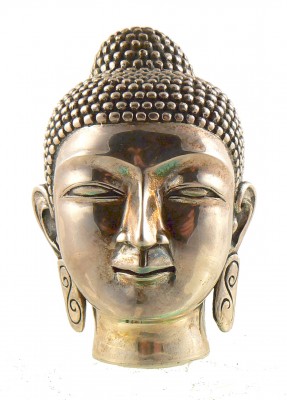 The foundations of Buddhist thought begin with the Four Noble Truths. These truths came to the Buddha after six years of ascetic practice when he sat alone under the Bodhi tree in Bodh Gaya, India.
The foundations of Buddhist thought begin with the Four Noble Truths. These truths came to the Buddha after six years of ascetic practice when he sat alone under the Bodhi tree in Bodh Gaya, India.
The first noble truth is known as the truth of suffering. Zen Master Thich Nhat Hanh likes to refer to it as the truth of ill-being.
Western scholars have finally given up on the long-held notion that Buddhism is all about suffering. In some ways they shouldn’t have!
We suffer when we are physically ill, often much more than we have to. We add our thoughts and feelings of fear on top of the physical illness and this added element of suffering is what the Buddha was referring to.
He was saying that we can’t avoid illness, old age, and death. We can let go of our notions about illness, old age, and death and just live life in the present moment just as it is.
He also taught that we suffer when we get what we want as well as when we get what we don’t want. Funny, huh?
It is the wanting that is the problem!
And that is the second noble truth – the noble truth of desire. “To desire what we don’t have is to waste what we do have!,” as my wife would always say to our children as they were growing up.
This desire, craving, wanting, yearning, and longing are the bases of our suffering – our ill-being.
Which brings us to the third noble truth, the truth of the cessation of suffering or well-being.
So to say that there is only suffering is to ignore the third and fourth noble truths.
The fourth noble truth is the path out of suffering – the Noble Eightfold Path.
The eight teachings of the eightfold path are Right View, Right Thinking, Right Speech, Right Action, Right Livelihood, Right Diligence, Right Mindfulness, and Right Concentration. All of these are interconnected and are to be practiced together – not in an specific order.
To be continued… [Read More (link valid on 6/26/12!)…]
Do you have any questions about the four noble truths? If so, please ask and I will try to answer them.
The Heart of Buddha’s Teaching
This book is probably the best one you can buy that explains what the Buddha taught. I keep it by my bed, read it often, and refer to it many times.



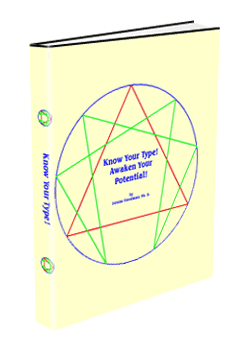

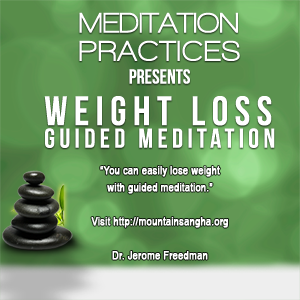
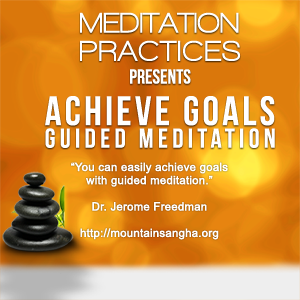

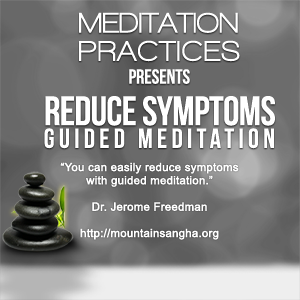



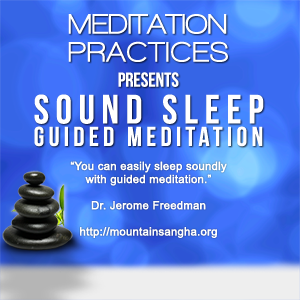
.jpg)
You must be logged in to post a comment.